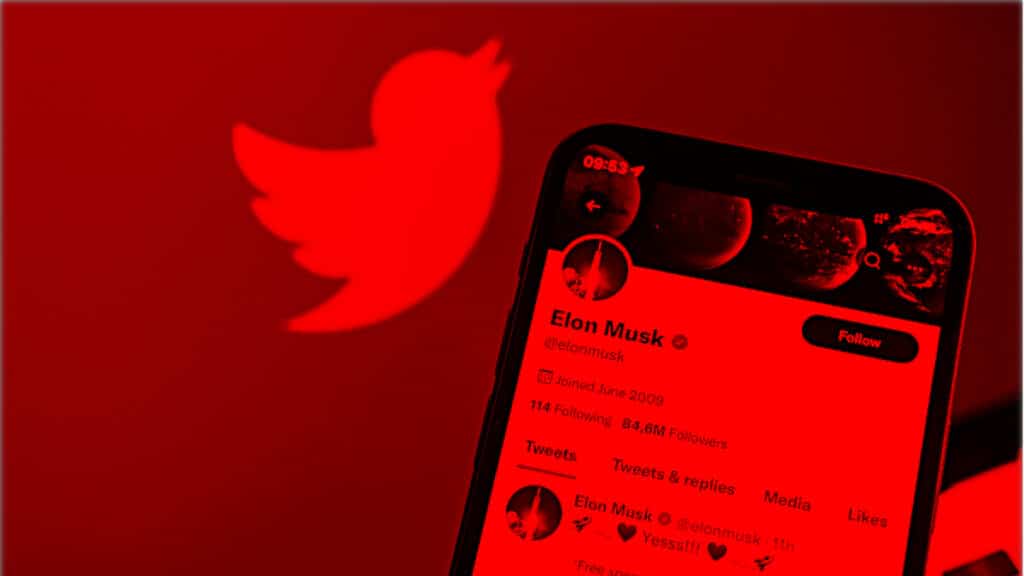Elon Musk Owning Twitter is A National Security Threat
Nicole Gill, Jesse Lehrich / Oct 14, 2022Nicole Gill is Co-founder and Executive Director and Jesse Lehrich is Co-founder and Senior Advisor at Accountable Tech.

Since the news first broke that Elon Musk planned to acquire Twitter and take the social media giant private, tech experts have consistently sounded the alarm. And for good reason. Musk has promised to roll back safeguards against harassment and hate speech, criticized content moderation policies aimed at limiting misinformation about elections and public health, and pledged to reinstate accounts of public figures who were banned for inciting violence. But despite all the headlines about the online and real-world danger Musk’s control of Twitter could cause, one is getting overlooked: Elon Musk owning Twitter is a national security risk to the United States. Here’s why.
First, Musk is allegedly in communication with foreign actors – including senior officials in the Kremlin and Chinese Communist Party – who could use his acquisition of Twitter to undermine American national security. Just this week, reports surfaced that Musk may have spoken directly with Vladimir Putin to discuss Russia’s invasion of Ukraine. After that conversation allegedly took place, Musk tweeted Kremlin propaganda – which Putin’s spokesman quickly celebrated – and Musk’s Starlink satellite system reportedly went down briefly over the frontlines of Ukraine, causing communications device outages for the Ukrainian military. Now, it’s reported Musk wants the Pentagon to pick up the tab for Starlink in Ukraine.
And Musk hasn’t just cozied up to Russia. He has also raised eyebrows in recent days for floating a proposal that would give China control over some parts of Taiwan, a move eerily in line with Chinese Communist Party (CCP) propaganda and heavily criticized by pro-democracy groups. This came after Musk handed China’s President Xi Jinping a shameful propaganda coup earlier this year by opening a Tesla showroom in China's Xinjiang region, where Xi’s regime is carrying out an ongoing genocide of the Uyghurs.
These actions raise significant national security concerns for the U.S. given Musk could have unilateral control over a uniquely influential global communications platform. If successful in acquiring Twitter, will Musk keep in place the critical safeguards Twitter has implemented to limit the reach of Russian war propagandists and CCP misinformation?
Musk’s overtures to repressive regimes can’t be viewed in a vacuum or dismissed as misguided frivolities of a quirky billionaire. Rather, they are emblematic symptoms of a serious underlying disease: his deep financial conflicts of interest.
Musk’s fortunes are heavily dependent on his business relationship with China, and to a lesser extent, Russia. Tesla relies on China for raw materials to make its EV batteries with cheap labor – with 10,000 employees at its Shanghai factory alone – and the company recently announced a new China retail strategy that will expand the carmaker’s access to the second largest consumer market in the world. In 2020, Musk’s company also began mass-purchasing metal from Kremlin-tied aluminum giant, Rusal. The company’s founder, Oleg Deripaska, was recently indicted for U.S. sanctions violations, and the White House is now considering cracking down on the company or banning Russian aluminum altogether in light of Putin’s latest war crimes.
Moreover, Musk’s $44 billion Twitter acquisition itself is reliant upon massive investments from foreign investors, including Saudi Prince Alwaleed bin Talal Al Saud and the sovereign wealth fund of Qatar – two countries run by repressive regimes that often make decisions at odds with U.S. national security.
Across the board, these financial conflicts raise serious national security concerns. Will Musk’s foreign investors have influence over Twitter’s content moderation policies? Will the Chinese exploit their significant leverage over Musk to demand he censor criticism of the CCP, or turn the dials up for posts that sow distrust in democracy?
Finally, it’s not just America’s information ecosystem that’s at stake, it’s also the private data of American citizens. Controlling Twitter would provide Musk with potential access to troves of sensitive user data that could benefit foreign actors. Musk has exploited access to people’s personal data and online activities before. During his tenure as CEO, Tesla reportedly paid a public relations firm to surveil employees’ social media accounts as they sought to unionize. Tesla also rolled back privacy protections last year, leaving customers with little option but to submit to the company’s collection of in-car video and voice recordings along with precise location data – the kind of data that could jeopardize the safety of American citizens if sought by foreign entities.
These threats to national security require American leaders to act. For starters, Congress should immediately open an investigation and leverage its subpoena power to more fully understand what threats a Musk-controlled Twitter would pose. In addition, the interagency Committee on Foreign Investment in the U.S. (CFIUS), which has broad authority to scrutinize mergers and acquisitions involving foreign investors and is reportedly already looking into the deal, should continue and expand their probe.
It is imperative that American leaders fully understand Musk’s motives, financing, and loyalties amidst his bid to acquire Twitter – especially given the high-stakes geopolitical reality we are living in now. The fate of American national security and our information ecosystem hang in the balance.
Authors

